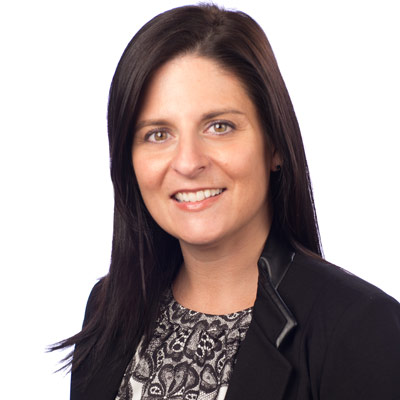Toni Sanzone, CFO at W.P. Carey Inc. (NYSE: WPC), set off on a traditional accounting path after college, which included working with Deloitte on the audit side and at Bed Bath & Beyond in a range of accounting and financial reporting roles. When she joined iStar in 2006, she dove into her first real exposure to real estate and REITs. After almost seven years there building out finance and accounting functions, Sanzone took the leap over to W. P. Carey in 2013, which had just converted to a REIT.
Sanzone began at W. P. Carey in a controllership role, and was promoted to chief accounting officer in 2015. Two years later, she was appointed CFO.
What attracted you to W. P. Carey?
When I first learned about this new role at W. P. Carey, I immediately took interest as they were in the early stages of a pivotal transformation. Having just converted to a REIT a year prior, they were building an infrastructure supported by new systems and processes and looking for someone with REIT finance and accounting experience to help lead them through this new evolution. For me, this was a truly unique opportunity to take what I’ve learned over my career in different roles and build something from the ground-up. And while W.P. Carey was new to being a REIT, they were a well-established company with a long-standing history and track record.
What lessons has W. P. Carey learned from the pandemic?
We learned that when you put the time and the effort into building a strong business model and team like W. P. Carey has, you ultimately have to trust in what you’ve built to weather the storms. We were quickly faced with a series of critical decisions, whether it was the question of shoring up the balance sheet, modeling a wide range of downside scenarios, deciding when and where to put our capital to work, or even just preparing our people and our technology to transition to a remote environment. The one constant was that we relied on our people and the business model that was in place before the pandemic. Recognizing and leaning on those strengths helped guide us.
What are the top issues that you’re watching this year?
ESG issues are now permeating through all areas of the organization. This year we are continuing to build our technology and processes for gathering and reporting ESG-related data and will be evaluating that against current and emerging regulatory requirements. With an enhanced focus on ESG-related risks and communications, we will be looking out for industry-wide best practices and benchmarking our own ESG commitment with those of other industry leaders.
What advice do you have for young professionals working at REITs?
Accept whatever challenges come your way, especially the ones that have cross-functional touchpoints that are outside of your core expertise. Opportunities that pull you out of your comfort zone, while giving you exposure to learn from different people or about different aspects of the company are often the most valuable.
